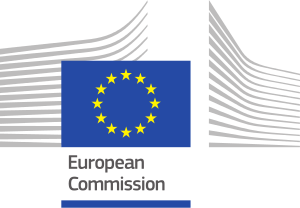What is the problem?
In its Enlargement Strategy for 2013–2014 the European Commission has again highlighted that the rule of law is at the heart of the enlargement process, a key pillar of the Copenhagen political criteria. Continuous efforts need to be made to fight against corruption. Countries aspiring to join the European Union need to establish and promote from an early stage proper functioning of core institutions necessary for securing the rule of law. Fighting organised crime and corruption is hereby considered fundamental to countering the criminal infiltration of the political, legal and economic systems.
During recent years the governments of the enlargement countries have all launched anti-corruption reform efforts and some progress has been made in adopting and enforcing anti-corruption laws. However, these efforts have not yet led to the desired results and impact. An important primary reason for this is that, so far, reforms have been targeted towards one specific area or another, rather than following a systematic approach. This has highlighted the importance, need and value of the holistic approach of assessing integrity mechanisms and institutions across all sectors of society.
What are we doing?
Transparency International, in cooperation with seven TI national chapters and partners in the region, has been leading a three-year project which combines high-quality research with evidence-based advocacy on key anti-corruption areas. It has also developped an innovative tracking mechanism which allows to follow progress on national anti-corruption efforts and to compare progress throughout the region.
The project is conducted in three phases:
- Conducting baseline assessment and comparative research on key anti-corruption areas in all seven EU enlargement countries (Albania, Bosnia and Herzegovina, Kosovo, Macedonia, Montenegro, Serbia and Turkey);
- Development and implementation of targeted advocacy initiatives of the identified gaps in the anti-corruption system at national and regional levels;
- Comparison of which anti-corruption institutions perform stronger in the selected states and faciliate knowledge transfer and application of the good practices identified in the region.

